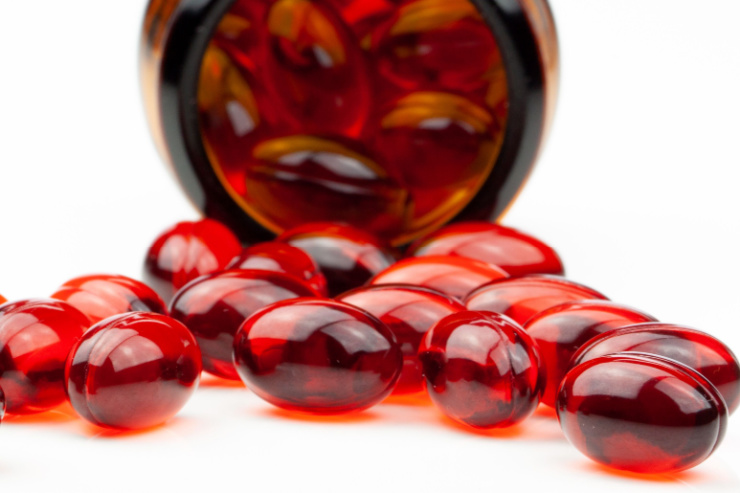At Mercola.com, Dr. Joseph Mercola explains the many benefits of krill oil and its usefulness in alleviating omega-3 deficiencies.
The first thing I recommend doing is to eat less foods high in omega-6 fats, such as processed foods and vegetable oils.
After you do that, consume more foods high in omega-3s. Eating wild-caught (not farmed) Alaskan salmon, herring, sardines and anchovies are my preferred way to get sufficient omega-3 fats like DHA and EPA to help raise your levels.
However, to get enough DHA and EPA, you must eat these fish regularly – something not everyone is able or willing to do.
If you are deficient (as most people in the U.S. are), you’ll also need to take supplemental omega-3s.
How much you will need depends on several factors – your current condition of health, digestive health, co-nutrient status, medications, genetics and more. Testing and re-testing six months later is the only way to know if you’re achieving your desired levels.
More than 23,000 published research papers support the positive health benefits of high blood levels of omega-3s, specifically:
- An excess of 6,000 supporting cardiovascular benefits.*
- Over 1,000 showing respiratory benefits.*
- And more than 2,000 showing metabolic health benefits, including healthy, normal blood sugar levels.*
Higher levels of omega-3s are associated with optimal cognitive function, cellular health, vision, skin health, immune health, normal liver function, joints and muscles, maternal health and overall longevity.*
This Little-Known Crustacean Oil Outperforms Fish Oil in Many Ways
When choosing an omega-3 supplement, many make the mistake of taking fish oil.
Regular fish oil has several pitfalls. It tends to be contaminated with mercury and other toxic heavy metals. Plus, because fish oil is low in naturally occurring antioxidants, it is highly susceptible to spoilage and can go rancid quickly.
Rancid, or oxidized oil, is one of your body’s worst enemies. It can ignite inflammation and place your organ and cellular health at risk, especially your brain and heart health.
Instead of regular fish oil, I recommend getting the DHA and EPA you need from a much more reliable source – krill oil from krill, or tiny shrimp-like creatures that live in frigid Northern waters.
When you compare krill oil to regular fish oil, the differences are overwhelming. Studies suggest that krill oil:
- Is as much as 48 times more effective, meaning you need less of it.
- Is more absorbable since its omega-3 fats are attached to phospholipids for easy transport into your cells, including your brain cells.
- Contains phosphatidylcholine, which improves krill’s bioavailability, and contributes choline, which is important for brain development, learning and memory.*
- Naturally contains astaxanthin, nature’s most potent antioxidant, to help maintain its stability and resistance to oxidation and spoilage.
- Isn’t prone to contamination from mercury and heavy metals, like fish oil, because the krill feeds on phytoplankton instead of contaminated fish.
- Is environmentally sustainable because krill makes up the largest biomass in the world – only 1 to 2% of the total krill biomass is harvested each year.
Krill oil solves the common fish oil dilemma by containing both antioxidants and easily absorbable omega-3s. And because krill is only harvested from the pristine waters of Antarctica, they are largely free from pollution and contamination.
Read more here.
If you’re willing to fight for Main Street America, click here to sign up for the Richardcyoung.com free weekly email.





